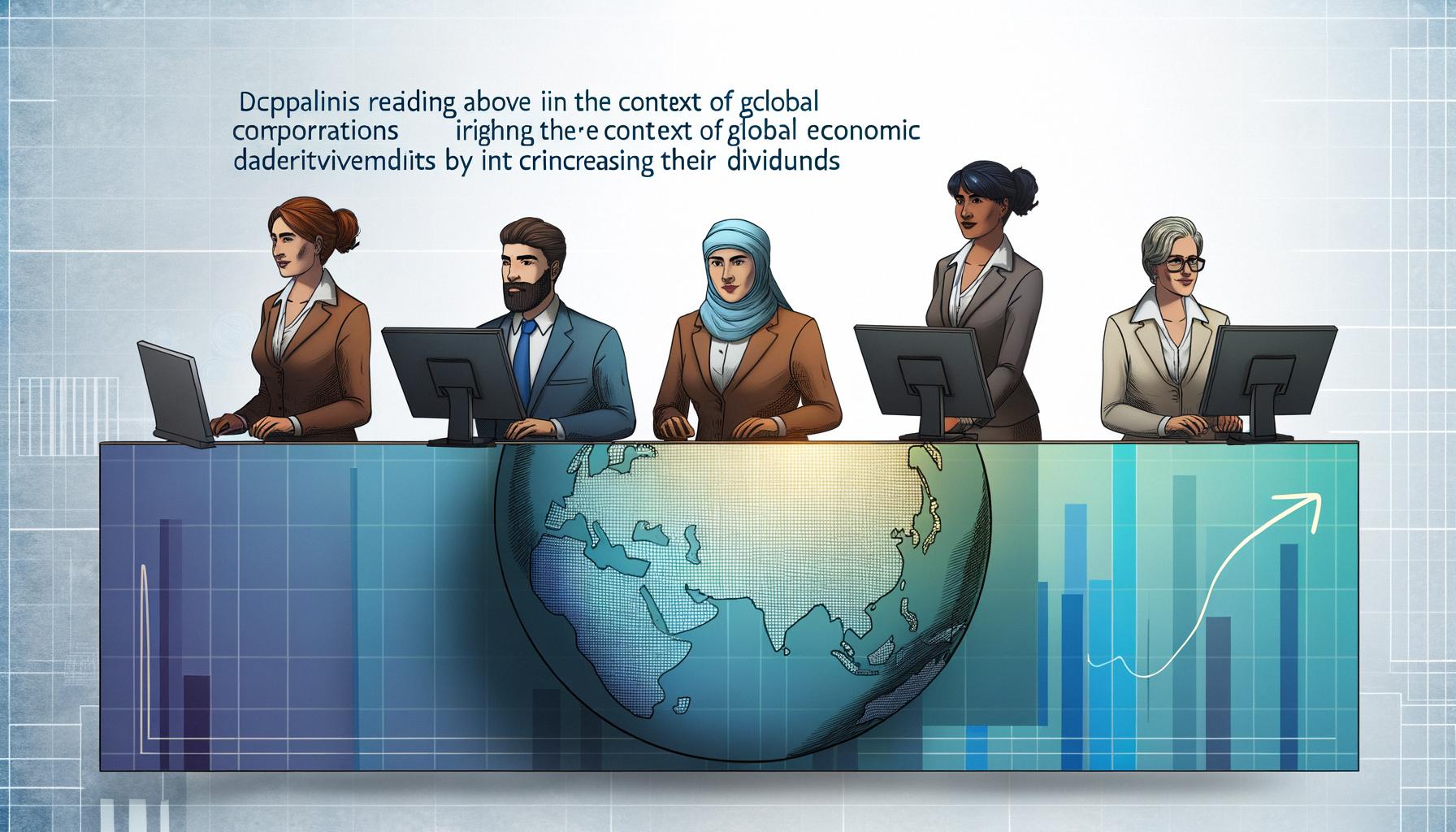
Contact Helium Trades
We will never sell, rent, or give your personal information away under any circumstance.

Show historical summaries
Show historical evidence
Bullish Investor
Bearish Investor
My Bias
Show historical perspectives
Bullish Investor
Bearish Investor
My Bias
Show historical Q/A
Show historical Media Bias
Show historical predictions
2024 © Helium Trades
Privacy Policy & Disclosure
* Disclaimer: Nothing on this website constitutes investment advice, performance data or any recommendation that any particular security, portfolio of securities, transaction or investment strategy is suitable for any specific person. Helium Trades is not responsible in any way for the accuracy
of any model predictions or price data. Any mention of a particular security and related prediction data is not a recommendation to buy or sell that security. Investments in securities involve the risk of loss. Past performance is no guarantee of future results. Helium Trades is not responsible for any of your investment decisions,
you should consult a financial expert before engaging in any transaction.
![]() Ask any question about this page!
Ask any question about this page!